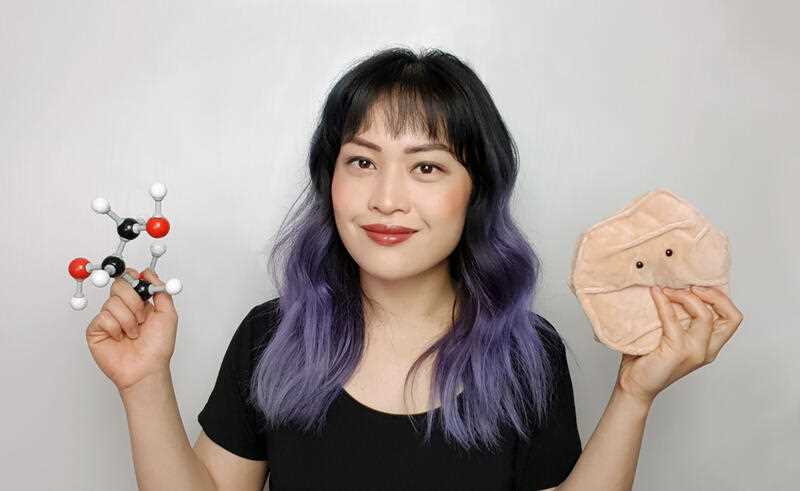Emergency services worker Diana Atkins wore full PPE for three years to keep her safe from COVID-19 but she describes it as a double-edged sword.
Her skin became extremely dry and scaly under layers of protective clothing which impacted her self esteem and confidence.
“I’ve tried too many products to remember, spending many hundreds if not thousands of dollars on so-called miracle treatments,” Ms Atkins told AAP.
“I’m not going to lie, I’ve been sucked in by some social-media-promoted brands.”
She found they made no difference to her skin but there was an expectation to purchase more product.
Ms Atkins is not alone as one in five people have tried a viral skincare trend, according to a survey of more than 1000 Australians by skincare maker Ego Pharmaceuticals.
Almost half did so because it was promoted by an influencer they trusted, while just over a third were unaware of misinformation surrounding some products.
Dermatologist and University of NSW academic Professor Deshan Sebaratnam is concerned a lot of skincare advice on social media is harmful or simply ineffective.
He cites so-called hacks without scientific backing such as adding food products into skincare, eczema patients restricting water intake to ‘recalibrate’ their skin, sunning genitals and becoming fixated on products marketed as having natural ingredients.
“Snake venom is natural, lead is natural, so because something is natural isn’t always good,” Dr Sebaratnam said.
“Food is meant to be introduced to the body by your gut not your skin, so applying food products to the skin … that’s a perfect recipe for developing food allergies.
“Particularly if you have eczema, what you actually want is things that are bland, greasy and boring.”
The Australian Competition and Consumer Commission is cracking down on manipulative and deceptive advertising, including misleading testimonials or endorsements by social-media influencers.
“Consumers should think twice before believing any claims about skincare or other cosmetic products that seem too good to be true,” a commission spokesman said.
“Influencers are often being paid to promote certain brands and products, even when this may not appear to be the case.”
Science communicator Dr Michelle Wong has a chemistry PhD and runs an Instagram account breaking down skincare misconceptions.
“A lot of these myths are about how sunscreen can cause cancer and long-term fertility problems which is not true, sunscreen is regulated as a medication in Australia so all the ingredients get assessed for safety,” Dr Wong said.
The most outrageous false claim she’s seen suggested banana peel could be used like botox and believes homemade skincare has taken hold because people think they’re saving money.
Dr Wong has almost 450,000 followers and is inundated with sponsorship offers but will only accept them if she thinks the products work and could be useful to her audience, but not all influencers are so discerning.
“There’s a lot of people who will make up scare stories because fear is very compelling, fear is known to hijack your logical thinking,” she said.
“You just don’t think critically anymore if you’re scared and you’re more likely to share that post as well.
“It’s very good viral content, a lot of people do that for likes and attention to gain a larger following.”
Dr Sebaratnam spends a lot of time mythbusting remedies with patients who invested significant time or money in certain routines and feel attached to them.
“If you had a problem with your heart or your kidneys you wouldn’t be getting your advice from someone who was a contestant on a reality TV show, you’d be getting it from a doctor,” he said.
“Your skin is the exact same, it’s an organ in your body and there are medical experts who can help.”
As a member of the Australasian College of Dermatologists he must abide by strict laws around creating unrealistic expectations, however professionals in some other countries may not have to.
Ms Atkins eventually became so frustrated she sought help from a GP who pointed her towards affordable Australian-made ethical and sustainable products.
She encouraged anyone in the same situation to do the same as her skin is finally back to normal.
“I wasn’t embarrassed at all and she was able to give me the advice that I needed,” she said.
By Rachael Ward in Melbourne



